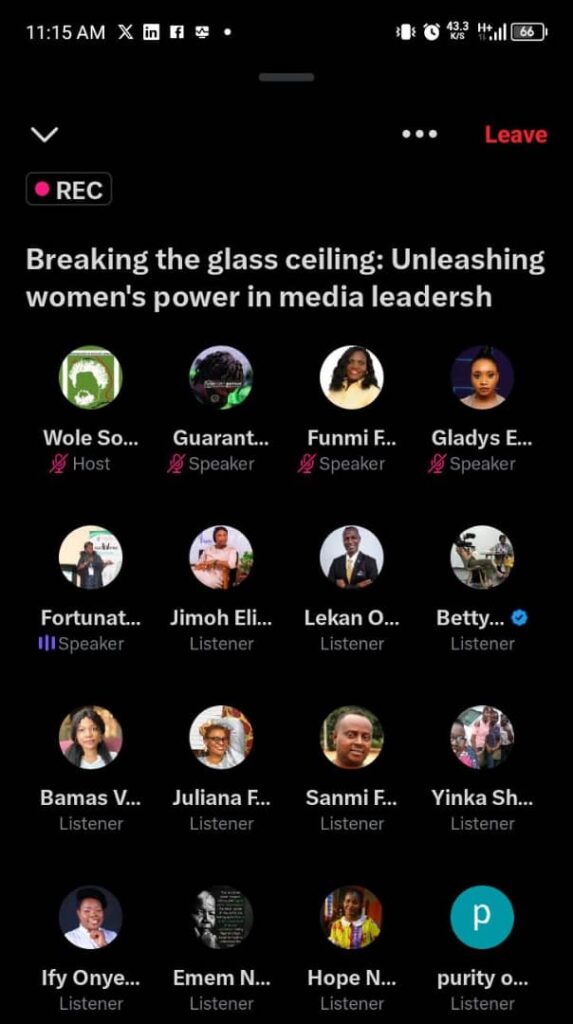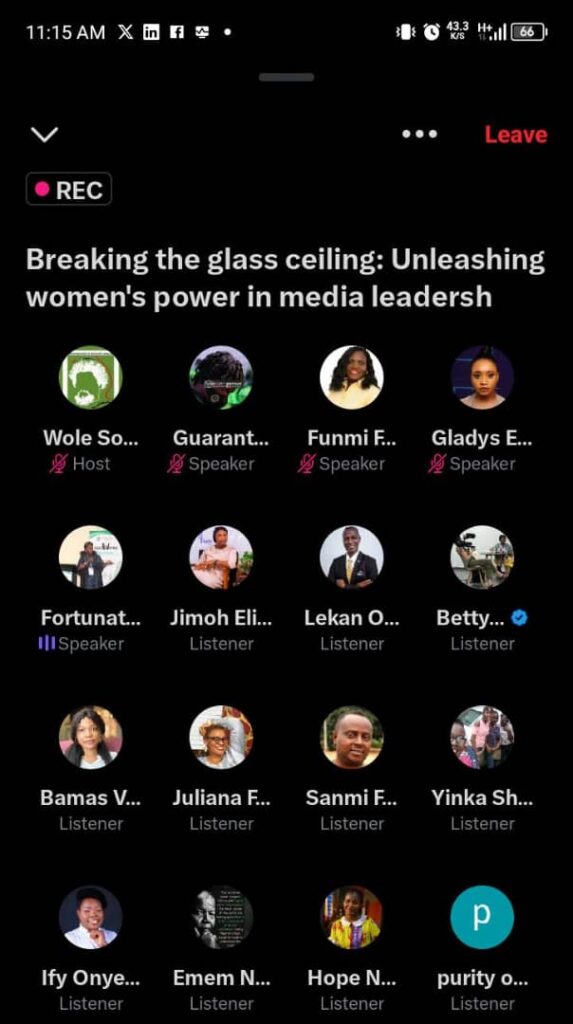Transforming the Newsroom: The Imperative of Gender Equity and Inclusion
The newsroom, once a bastion of male dominance, is slowly but surely undergoing a transformation. The imperatives of a rapidly changing media landscape, coupled with the growing demand for diversity and inclusion, have made it imperative for news organizations to rethink their approach to gender equity.
Despite progress in recent years, women remain woefully underrepresented in newsroom leadership positions, comprising just a fraction of editors, producers, and other decision-makers. This lack of representation has far-reaching consequences, influencing not only the types of stories that get told, but also the way they are told.
The consequences of this imbalance are stark. Research has shown that newsrooms with more women in leadership positions produce more diverse and inclusive content, better reflecting the complexities of the communities they serve. Conversely, newsrooms with fewer women in leadership positions are more likely to perpetuate stereotypes and biases, reinforcing existing power dynamics.
As the media industry continues to evolve, the need for gender equity and inclusion in the newsroom has never been more pressing. In this special report, we will explore the imperative of transforming the newsroom, examining the challenges, opportunities, and successes of news organizations working to achieve greater gender equity and inclusion.
To address this, media and innovation CSOs during the 16Days of Activitism are closing in on bridging the gap.
Jimoh Elizabeth Oluwaseyi writes for LightRay!, in this report.
As the global community amplifies its voice against gender-based violence during the #16DaysOfActivism campaign, a powerful message emerges: gender equality is not just an aspiration but a necessity. This call was echoed by Executive Director of the Media Career Development Network, Lekan Otunfodunrin, and other influential voices during a recent discussion hosted by the Wole Soyinka Centre for Investigative Journalism (WSCIJ).
The virtual event, titled “Breaking the Glass Ceiling: Unleashing Women’s Power in Media Leadership, Representation, and Empowerment,” provided a platform for advocates to address the pressing need for gender equity in media and beyond.

Otunfodunrin, the sole male panelist, expressed his gratitude to WSCIJ for facilitating this important dialogue, emphasizing the critical role of mentorship in empowering women in journalism. Reflecting on his experiences, Otunfodunrin highlighted the importance of intentionality in media organizations regarding women’s representation.
“If equality is not possible, equity is very important,” he stated, urging stakeholders to ensure that every individual has a fair chance in the workplace. He recounted a startling incident at a Nigerian newspaper where not a single woman was present in a management meeting, illustrating the pervasive gender disparity that still exists.
Echoing Otunfodunrin’s point of view, Funmi Falobi, a Mass Communication Lecturer at Caleb University, further encouraged women to rise above societal biases. “Don’t allow your gender to limit you!” she declared, reinforcing the idea that women have a vital role to play in reshaping the media landscape.
Gladys Emmanuel, an advocacy officer at the Tabitha Empowerment Center, brought a legislative perspective to the conversation, pointing out that workplace harassment is a significant barrier to achieving gender equality. Citing the Universal Declaration of Human Rights and other key legislation, she called on women to embrace education as a transformative tool.
“Education is a superpower,” Gladys asserted. “It equips us with critical thinking, communication, and decision-making skills that are essential for personal and professional growth.”
Founder of the Centre for Children’s Health Education, Orientation and Protection, Betty Abah, also spoke to the cultural challenges women face in the Nigerian media. She urged women to build supportive networks and collaborate with men rather than viewing them as adversaries. “You can’t climb the ladder by burning bridges,” she advised, highlighting the importance of social currency in professional advancement.

Otunfodunrin further encouraged women to take proactive steps toward breaking the glass ceiling, emphasizing self-positioning, continuous training, and seizing opportunities for fellowships and mentorship. He cited trailblazers like Toyosi Ogunseye, the first female Editor at The Punch newspaper, as examples of what is possible when women are empowered and supported.
The discussion illuminated the stark reality that men are represented in media roles seven times more than women, highlighting the urgent need for women to strategically position themselves to claim their rightful place in the industry.
As we commemorate the fight against gender-based violence, let us remember that empowering women is not just a matter of fairness but a crucial step toward building a more equitable society.
“Together, let’s shatter the glass ceilings and rewrite the narrative for future generations,” was Otunfodunrin’s call for action that resonated with the audience who felt inspired to become better versions of themselves not only in the media space but also in society at large.





Comments